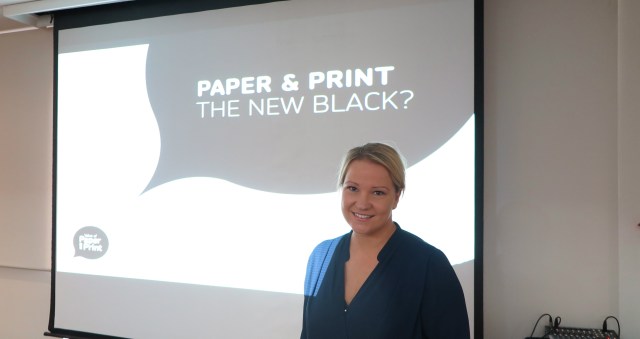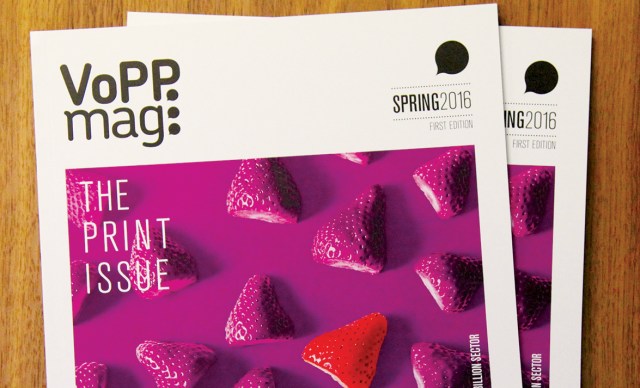
Two Sides is successfully fighting against greenwashing, hounding down companies who make misleading environmental claims about ditching paper, and says it has a 73 per cent success rate in Australia.
In Australia Two Sides has forced HSBC, CommBank, HCF and Catalyst Money to remove or alter inaccurate references like ‘go paperless and save trees’ or ‘go online and do your bit for the environment’, with their erroneous yet popular implication that the use of print and paper is damaging to the environment.
With a 73 per cent success rate, the Two Sides Australia team is punching above the global average of 61 per cent.
Kellie Northwood, executive director, Two Sides Australia and New Zealand says, “It is our responsibility as an industry, but also as part of broader environmental education, to challenge misinformation about the impact of communication channels.
“Greenwashing is a threat to our industry, and we work very hard to ensure companies making the wrong claims correct their communications. Of the companies we have contacted in Australia, 73 per cent have altered their anti-print messaging, and those remaining we continue to engage with.”
Printers have suffered enormous damage with the corporates using misguided green campaigners to hasten a move away from paper, when in fact electronic communications are more damaging to the environment, but for the corporates the main driver of the green message involves the money savings they achieve by not printing.
Martyn Eustace, chairman, Two Sides UK says, “Two Sides is having a significant effect on some of the world’s largest and most influential organisations. But there is no room for complacency, and there is still a great deal of work to do with the remaining companies that continue to mislead their customers.
Two Sides says major global corporations are still using inaccurate and misleading environmental claims to encourage consumers to switch from paper-based to digital communication. This is despite legislation being introduced in many countries to protect the consumer from being misled.
Eustace says, “The environmental and social benefits of paper are being overlooked by these false and damaging messages. Based on our consumer surveys, the majority recognise that paper is a renewable and recyclable product that, if responsibly produced and used, can be a sustainable way to communicate. It also provides the real benefits of tangibility, authenticity and authority that can be lacking in electronic communications. Forests are a precious and growing resource, and the forest and paper industries are some of their most important guardians.”
Comment below to have your say on this story.
If you have a news story or tip-off, get in touch at editorial@sprinter.com.au.
Sign up to the Sprinter newsletter


